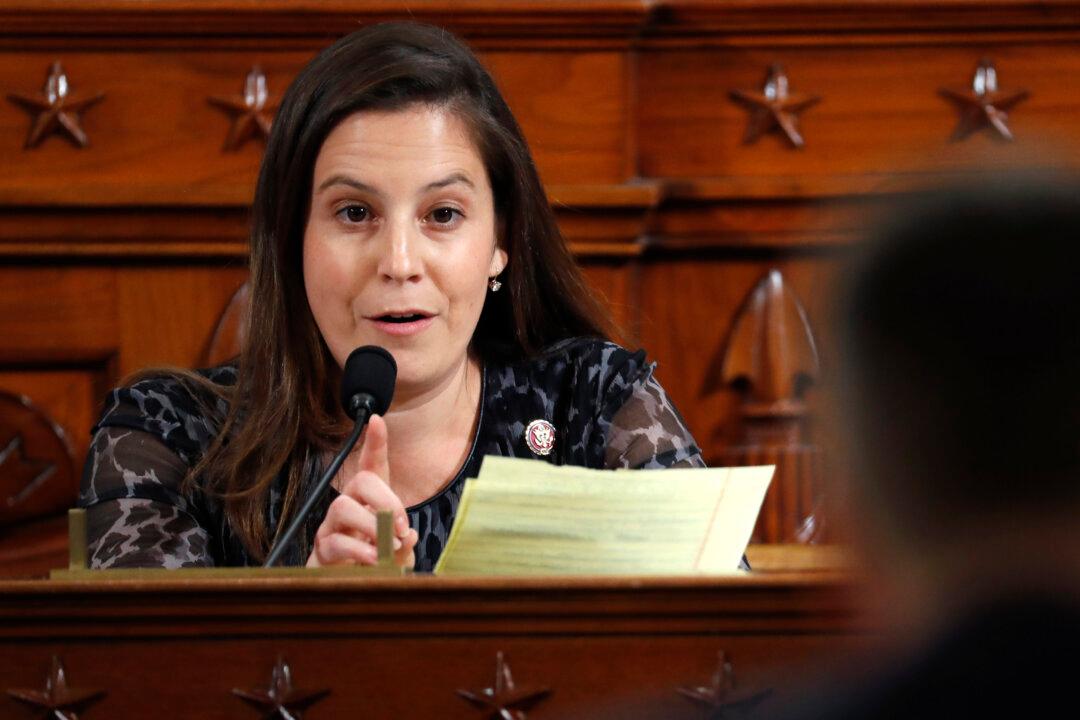Reps. Elise Stefanik (R-N.Y.), Doug Lamborn (R-Colo.), and Mike Rogers (R-Ala.) on Monday announced they will object to contested electors on Jan. 6.
“I am acting to protect our Democratic process. Article II and the Twelfth Amendment of the U.S. Constitution make clear that I have an obligation to act on this matter, if I believe there are serious questions with respect to the presidential election. I believe those questions exist,” Stefanik said in a video statement.





